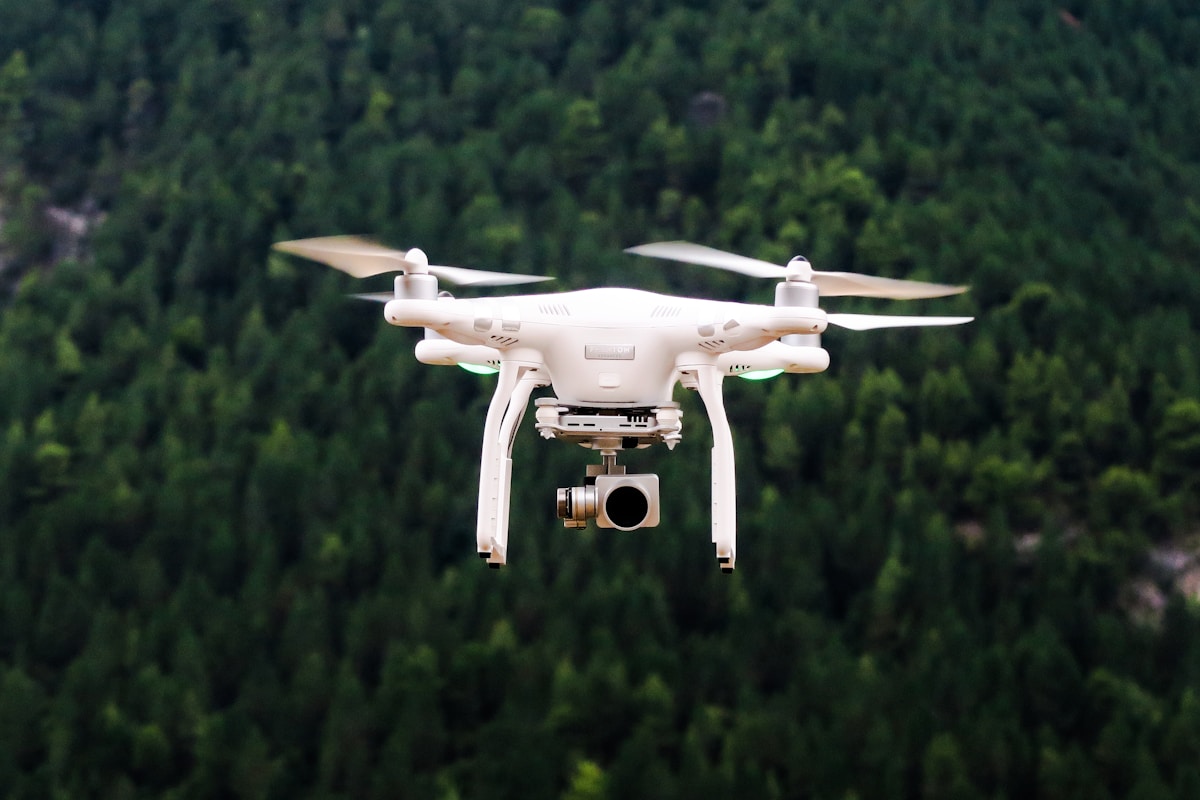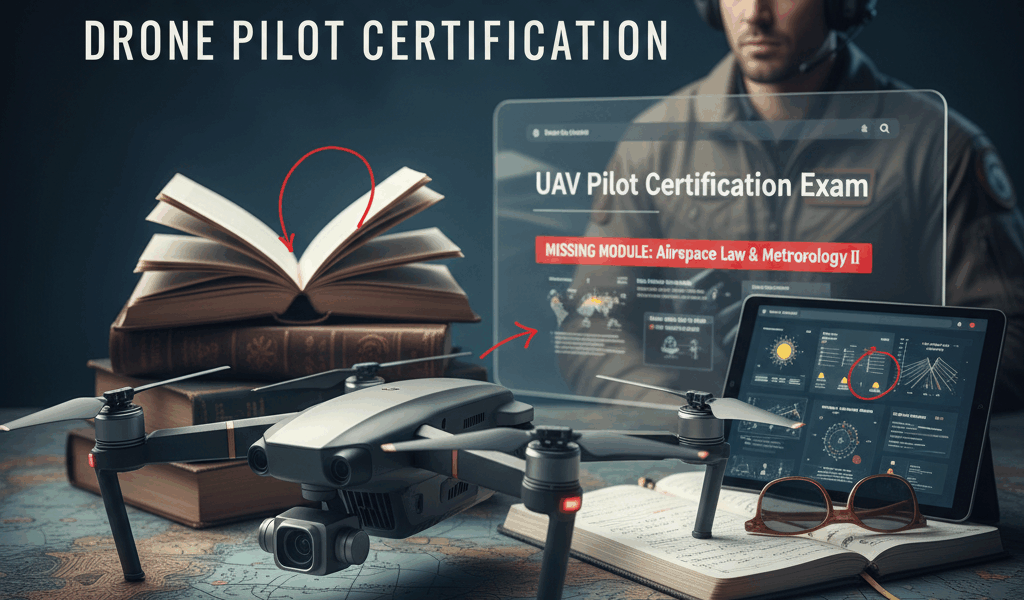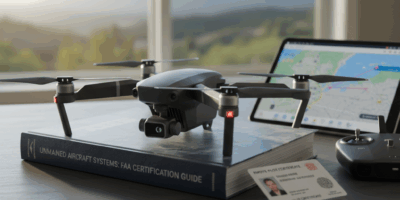Critical topics often missed in test prep has gotten complicated with all the conflicting advice, outdated information, and overwhelming details flying around. As someone who’s been deeply involved in the Part 107 and drone operation world for years, I learned everything there is to know about this subject. Today, I will share it all with you.
That’s what makes this topic endearing to us certificated pilots – it gives us practical knowledge we can actually use in the field.
Probably should have led with this section, honestly, but let me break down what you really need to know:

- FAA Resources: Use FAA handbooks and regulations for the most accurate information.
- Online Courses: Many websites offer extensive UAS training programs.
- Study Guides and Books: Invest in reputable study guides to assist your preparation.
Focus on Key Topics
Pay attention to the following critical areas:
- Regulations: Learn about FAA Part 107 regulations. Know the legal requirements for operating a UAS.
- Airspace Classification: Understand different classes of airspace and their restrictions.
- Weather and Micro-Meteorology: Study how weather impacts UAS operations, such as wind patterns and cloud formations.
- UAS Loading and Performance: Learn about weight and balance, and how loading affects the UAS performance.
- Emergency Procedures: Be prepared for malfunction and loss of control scenarios, and know the standard responses.
- Maintenance and Inspection: Understand the importance of regular UAS maintenance and preflight inspections.
Create a Study Schedule
Study consistently. Break down the syllabus into manageable sections. Allocate specific times for studying each topic to ensure thorough coverage.
Use Practice Exams

Practice exams are valuable. They condition you to the test format and timing. Identify weak areas and review them comprehensively. Repeatedly taking practice exams enhances confidence and accuracy.
Join Study Groups
Engage with peers. Discuss topics and share insights. Study groups can provide additional support and resources that may not be available individually.
Stay Updated
Keep up with changes in UAS regulations and technology. Subscribe to relevant newsletters and follow authoritative sources.
Rest and Review
Adequate rest leads to better retention of information. Review notes regularly to refresh your memory and reinforce learning.
Practical Exercises
Apply theoretical knowledge by flying a drone. This hands-on experience reinforces learning effectively. Understand the real-world implications of what you study.
Seek Professional Guidance
Consider consulting experienced UAS operators or mentors. Professional guidance can provide tailored advice and insights beneficial for the exam.
Health and Environment
Maintain a healthy diet and study in a conducive environment. Proper nutrition and a distraction-free setting can increase study efficiency.



